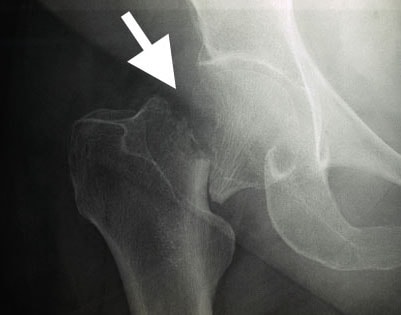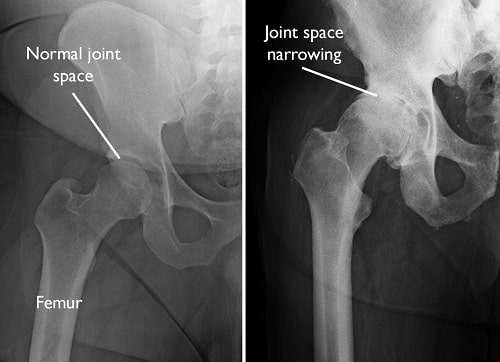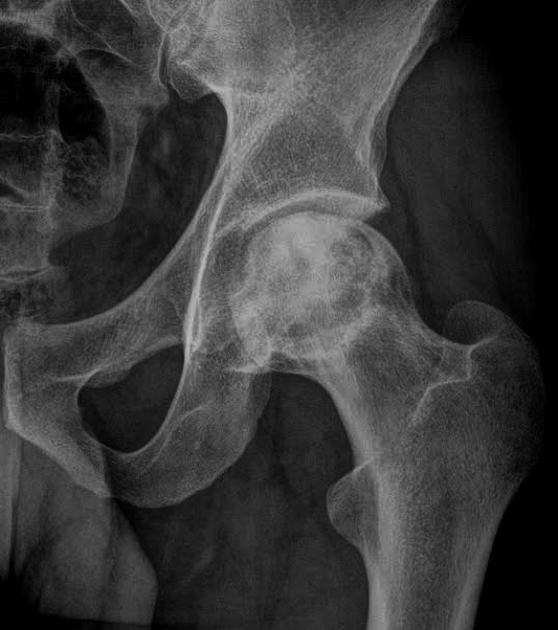


A break in the upper quarter of the thigh bone, near the hip joint.
A hip fracture can cause life-threatening complications. People over the age 65 are most at risk because bones weaken and the risk of falling increases with age.
Symptoms include the inability to move after a fall and severe hip or groin pain.
A hip fracture almost always requires surgery and physiotherapy. Taking steps to maintain bone density and avoid falls can help prevent hip fracture.
Do all hip fractures require surgery?
Treatment. Most hip fractures require surgical treatment within 1 to 2 days of injury depending on the medical condition of the patient.

Osteoarthritis is a degenerative joint disease, which means it causes gradual damage to the joint. Hip osteoarthritis is typically caused by wear and tear related to aging and worsens over time.
How serious is osteoarthritis of the hip?
If there is debilitating pain and stiffness not allowing your daily activities, if it prudent to visit your doctor.
What is the best exercise for osteoarthritis of the hip?
Lying knee bend. ... Sit to stand. ... Bridging. ... Sideways hip lift. ... Standing hip extension. ... Hip Rotation in Lying. ... Leg Swings. ... Step Up.
Can you recover from hip osteoarthritis?
Managing osteoarthritis of the hip. There's no cure for osteoarthritis, but there are things you can do for yourself that can make a difference to how the condition affects you. There are also some treatments available that could significantly reduce your pain and improve your mobility.

Avascular necrosis (AVN) of the femoral head is a type of aseptic osteonecrosis, which is caused disruption of the blood supply to the proximal femur, which results in osteocyte death. AVN may occur due to ischemia developing on a traumatic or non-traumatic background.
What causes AVN in the femoral head?
These causes include fractures, dislocations, chronic steroid use, chronic alcohol use, coagulopathy, congenital causes; among many others. Avascular necrosis of the femoral head is a debilitating disease and is an important condition requiring healthcare professionals to be vigilant for its presentation.
How do you treat avascular necrosis of the femoral head?
In early stages of AVN, core decompression and osteoblast implantation (cells capable of bone growth) can halt the progression. Late stages of AVN require hip replacement.